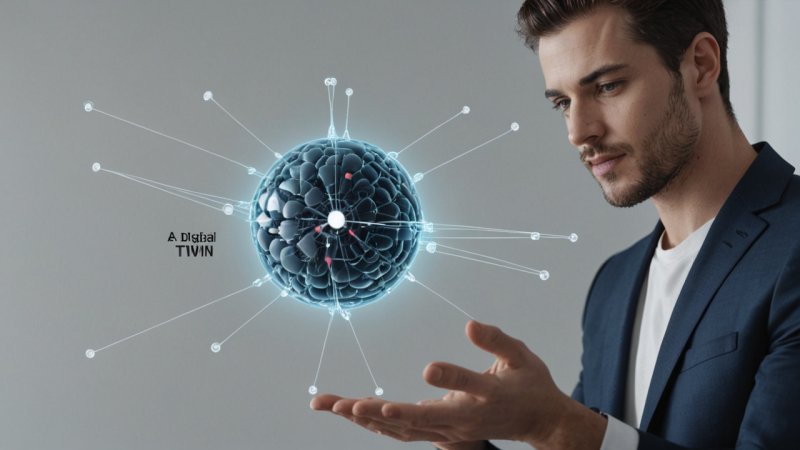As technology continues to advance, the concept of digital twins has emerged as a groundbreaking innovation in various fields, merging the physical and digital worlds. Digital twins are virtual representations of physical objects or systems that allow for real-time monitoring, simulation, and analysis. However, with great power comes great responsibility, and the ethical implications surrounding the use of digital twins are significant. This article delves into the ethical considerations, benefits, challenges, and future prospects of digital twins.
Understanding Digital Twins
Digital twins are sophisticated digital replicas of physical entities, ranging from machines to entire cities. They utilize sensors and data analytics to reflect real-world conditions and behaviors. Key components include:
- Data Collection: Sensors collect real-time data from the physical twin.
- Modeling: The digital twin is created using simulations and machine learning algorithms.
- Feedback Loop: Data is continuously fed back to improve both the digital and physical twins.
Ethical Considerations
With the advent of digital twins, ethical questions arise regarding data privacy, consent, and ownership. Some key concerns include:
- Data Privacy: The collection of sensitive data raises questions about who has access and control over this information.
- Consent: Users must be informed about what data is being collected and how it is being used.
- Ownership: Issues of intellectual property and ownership of digital twins must be clarified.
Benefits of Digital Twins
Despite the ethical challenges, the benefits of digital twins are significant and can lead to transformative changes in various sectors:
- Improved Efficiency: Digital twins can optimize operations and reduce downtime.
- Predictive Maintenance: They enable predictive analytics, helping to anticipate failures before they occur.
- Cost Savings: By optimizing processes, organizations can save significant financial resources.
Challenges in Implementation
Implementing digital twins comes with its own set of challenges that organizations must navigate:
- Technical Complexity: Developing and maintaining digital twins requires advanced technical skills and infrastructure.
- Data Integration: Integrating data from various sources can be difficult and time-consuming.
- Ethical Training: Organizations must educate staff on ethical considerations to ensure responsible use.
Future Prospects
The future of digital twins is promising, with potential advancements expected in the following areas:
- Enhanced AI Integration: Future digital twins may incorporate advanced AI for better decision-making.
- Broader Applications: As technology evolves, digital twins could be applied in new and innovative ways across different industries.
- Regulatory Frameworks: The establishment of clear ethical guidelines will be crucial in guiding the responsible use of digital twins.
In conclusion, digital twins offer remarkable opportunities for efficiency and innovation across various sectors. However, as we embrace this technology, we must also address the ethical implications that come with it. By understanding the challenges and benefits, and prioritizing ethical considerations, we can harness the power of digital twins responsibly and effectively.






